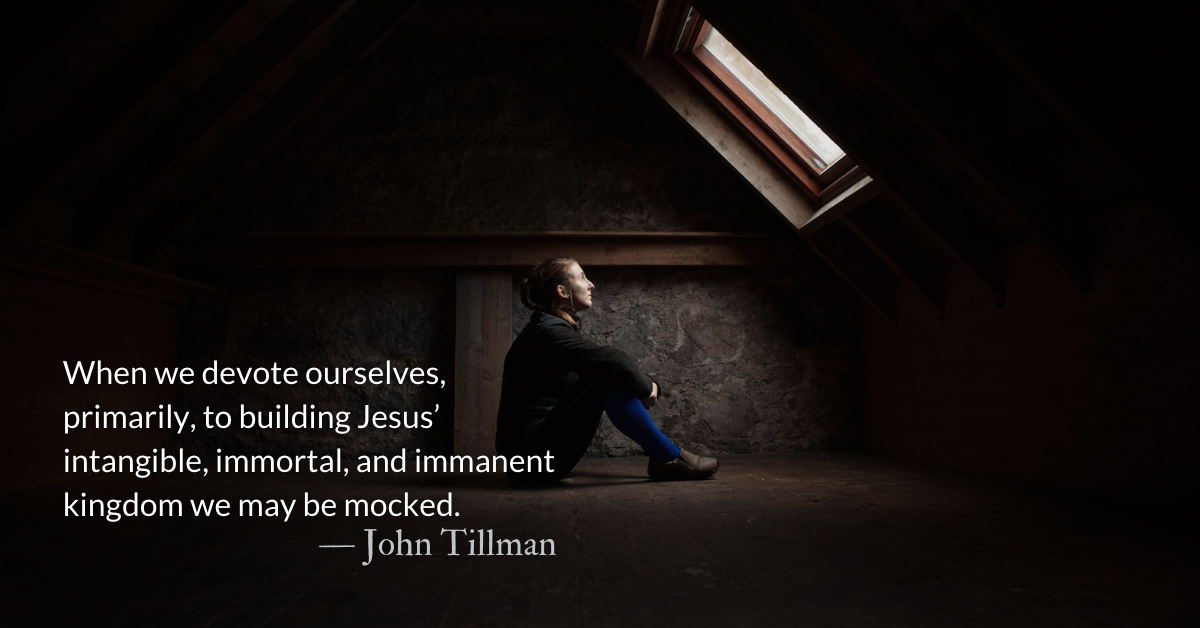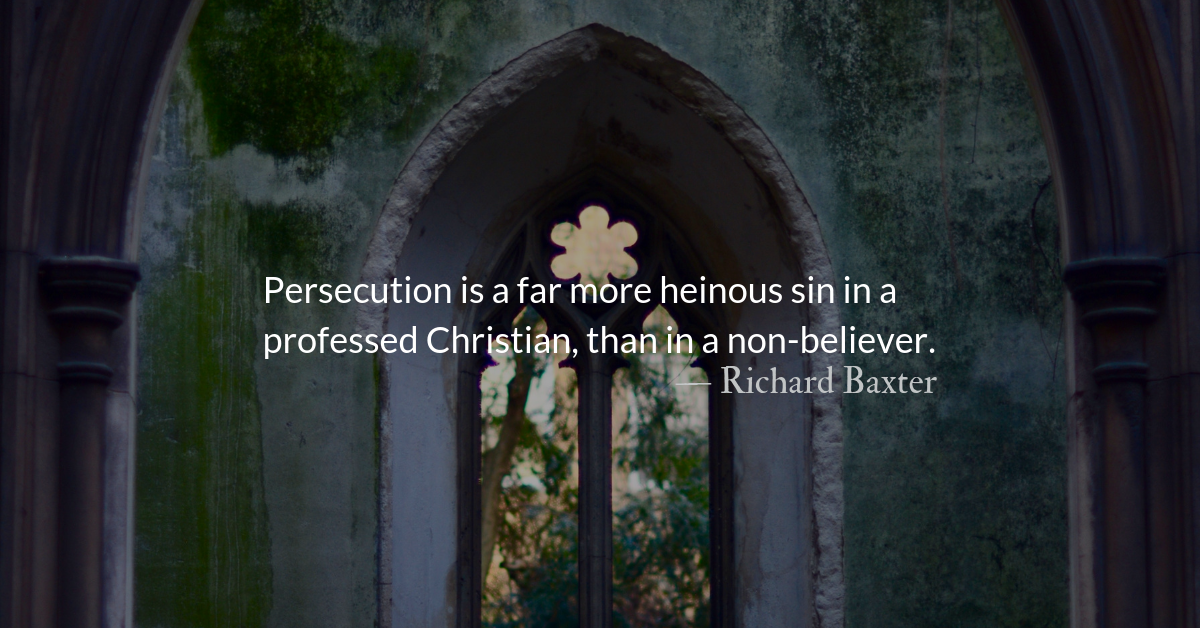Scripture Focus: Nehemiah 4.1-3
4 When Sanballat heard that we were rebuilding the wall, he became angry and was greatly incensed. He ridiculed the Jews, 2 and in the presence of his associates and the army of Samaria, he said, “What are those feeble Jews doing? Will they restore their wall? Will they offer sacrifices? Will they finish in a day? Can they bring the stones back to life from those heaps of rubble—burned as they are?”
3 Tobiah the Ammonite, who was at his side, said, “What they are building—even a fox climbing up on it would break down their wall of stones!”
John 18.36-37
36 Jesus said, “My kingdom is not of this world. If it were, my servants would fight to prevent my arrest by the Jewish leaders. But now my kingdom is from another place.”
37 “You are a king, then!” said Pilate.
Jesus answered, “You say that I am a king. In fact, the reason I was born and came into the world is to testify to the truth. Everyone on the side of truth listens to me.”
38 “What is truth?” retorted Pilate.
Reflection: Peace Amidst Mockery — Peace of Advent
By John Tillman
Nehemiah and the builders were surrounded by mockery. Some of it surely stung. If Bible nerds were to list “sick burns” in the Bible, Tobiah’s comical comment about foxes knocking down the wall would probably rate a mention. Nehemiah, however, doesn’t respond.
Nehemiah had the force of government behind him. Soldiers, the king, and the law were all on his side. But he turned instead to prayer. Yes, he took practical steps to protect the lives of the workers, but his primary strategy was to turn over the mockers and their threats to God.
Building God’s kingdom will always seem impractical because, as Christians, we are building the kingdom Jesus described as being “from another place.” (John 18.36) Waiting on this kingdom and the peace it brings is one of the lessons of the season of Advent.
Building a literal, physical, or political kingdom is something people understand. Building this kind of kingdom may lead to power, praise, or wealth. Building the kind of kingdom Jesus describes leads to mockery. Pilate mocked this kingdom when Jesus mentioned it. His opponents mocked this kingdom at his trial and as he died. The soldiers mocked this kingdom as they beat him and as they hung him on the cross.
When we devote ourselves, primarily, to building Jesus’ intangible, immortal, and immanent kingdom we may be mocked. Called impractical. Called foolish. Sometimes this will come from enemies of the gospel and sometimes from those we would expect to join us. In either case, we do not need to reply in kind.
Like Hezekiah, who laid out the insults of Sennacherib before the Lord, (2 Kings 19.16) Nehemiah lays out Sanballat and Tobiah’s insults and threats. So let us turn Sanballat and Tobiah’s mockery into a prayer.
We praise you, God.
We wait and pray for the peace of your kingdom.
You, through Jesus, will make the feeble strong.
What looks so frail a fox’s feet could topple it will prevail against the forces of Hell.
You will restore what is broken beyond repair.
By offering the sacrifice on the cross, in one day, Jesus has finished the work of salvation.
In rolling away the stone from the tomb, God brings dead stone hearts back to beating life.
Like you, your kingdom is from another place.
Jesus, your kingdom is, was, and will be. (Revelation 1.8)
Bring that kingdom through us.
Divine Hours Prayer: The Refrain for the Morning Lessons
My eyes are upon the faithful in the land, that they may dwell with me… — Psalm 101.6
Today’s Readings
Nehemiah 4 (Listen 3:38)
Revelation 13 (Listen 3:20)
Read more about Supporting Our Work
Please consider becoming a one-time or monthly donor! We need your support to continue and expand our work.
Read more about Peace of Endurance
Chains shall He break
for the slave is our brother
And in His name
all oppression shall cease.









